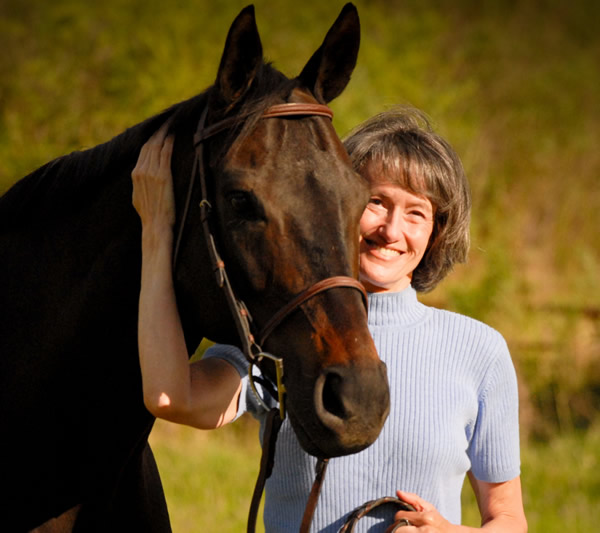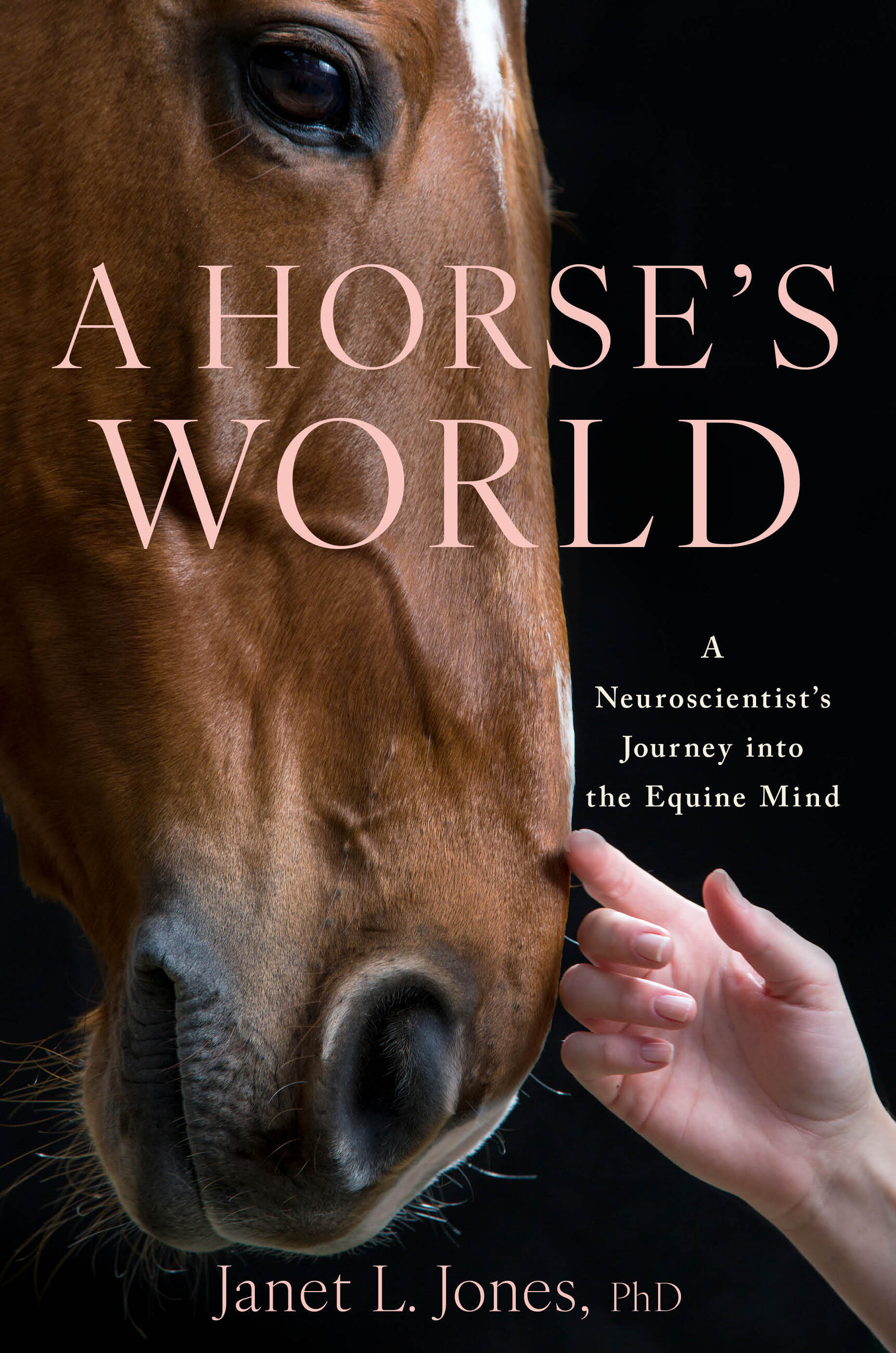TRUE TRAINING 60 - Hello, Mares! Preventing Misbehavior
Uh-oh! Our boy True has discovered mares. Most of his buddies so far have been geldings. When the occasional mare walked past, he was curious and attentive. But only recently has he been housed near a mare. Not next to her, mind you—that would be risky right now. But near enough.
Many people are surprised that geldings take such interest in mares. But let’s remember—they don’t know they’re geldings. The mating instinct is strong, and from what True tells me, mares smell really good. When a gelding enters our work space, True perks up. But when a mare enters, he is transfixed. He stares in her direction, craning his neck to keep her in constant view and protesting gently when I correct his position. In the cross-ties, another gelding is reason to be interested. But a mare is reason to stand very tall, arch the neck, and make big google eyes at her.
I keep True at a gentle distance from mares, so that his brain doesn’t override his manners. I also keep watch on my own attention, trying not to get distracted in a conversation with the mare’s handler and forget my horse momentarily. If we want horses to pay attention to us, we have to do the same for them.
True hasn’t done anything wrong, but his heightened interest is obvious to everyone. I don’t want to accidentally place him in a situation where it is hard for him to behave appropriately. This is something we can all do for our horses--whether the anticipated mistakes might occur in response to mares or umbrellas, tension or rain or veterinary care. Keep them just far enough away to teach control, but not so far that learning stops.
In general, preventing misbehavior plays a strong role in good training. Try not to place a young horse in a position where he is encouraged to misbehave, and you will not have to address that misbehavior. This is one of the keys to brain-based training by reward (as opposed to traditional positive reinforcement). Of course, sometimes a horse does misbehave. We have to correct that when it happens, but preventing it in the first place is a better tack if you can take it.
(By the way, sometimes people think “correct” means “punish.” In brain-based horsemanship, it doesn’t. Correcting a horse means re-directing him to desired behavior.)
Preventing misbehavior is our human responsibility. Often, the best way to do that is to keep the young horse out of temptation’s reach. After all, horses are foreigners in a human world on a daily basis, not vice versa, and their brains demand that they behave in non-human ways. As good hosts, we are obligated to teach them what they need to know. There’s a big difference between teaching a horse what he needs to know and punishing him for not knowing what you never taught.
I teach True how to behave around mares by keeping a careful eye on his interactions, reminding him with halter and lead that he must keep his distance and stand quietly. I reward him with voice and strokes when he does. In the arena, I re-direct his attention to me as often as needed and cue him to continue moving forward in the direction we had planned, despite any female beauty in the vicinity.
True has been well mannered and respectful around mares so far. He just lets me know he’d love to get a lot closer to them. He’ll learn.

